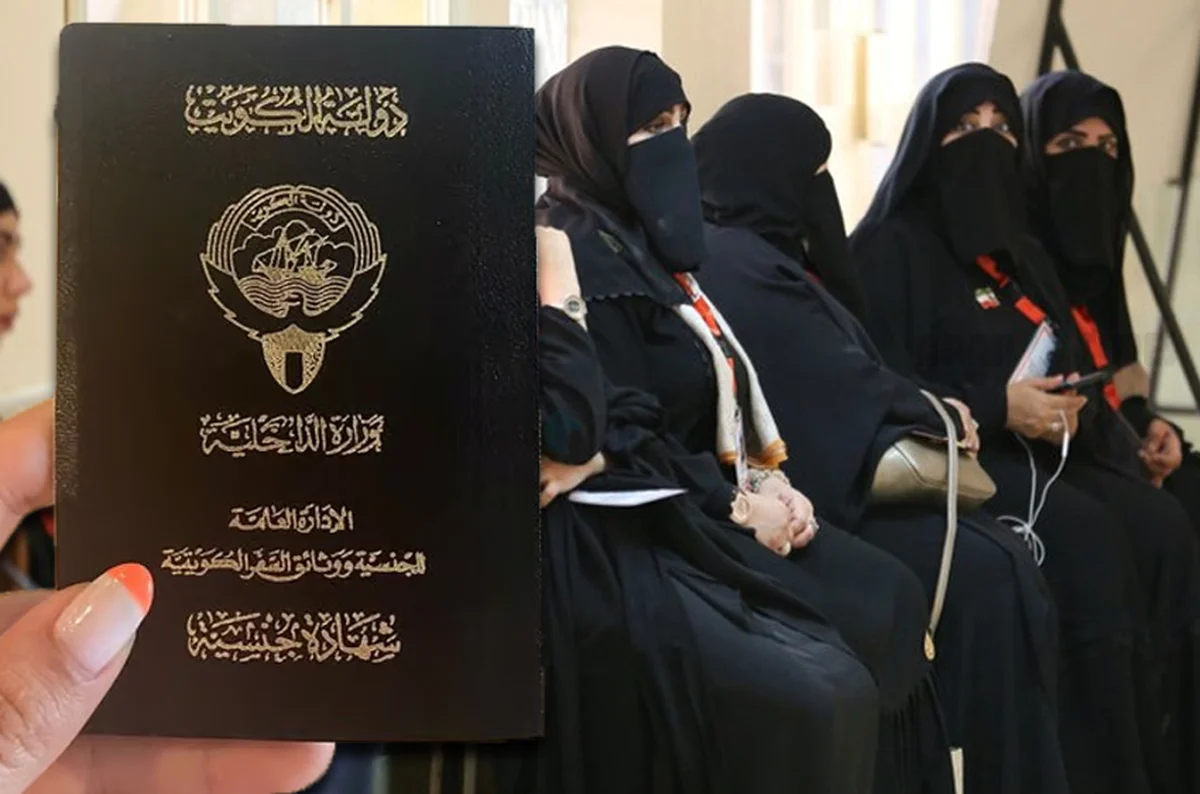23/01/2025
23/01/2025

KUWAIT CITY, Jan 23: The Supreme Committee for the Investigation of Kuwaiti Nationality, led by First Deputy Prime Minister, Minister of Defense, and Minister of Interior Sheikh Fahd Al-Youssef, has decided to revoke, withdraw, or nullify Kuwaiti citizenship from 3,856 individuals for violations related to national security, dual nationality, forgery, and disloyalty to the country. These decisions will be presented to the Council of Ministers for approval.
The breakdown includes 11 cases of dual nationality, 82 cases of forgery, 3,725 cases under Article 8 of the Nationality Law, and 38 cases involving breaches of loyalty to Kuwait. Among the 38, the committee cited 5 individuals convicted in the “Lions of the Island” case, 22 convicted in the “Abdali Cell” case, and 11 convicted in the terrorist financing case linked to Hezbollah, all under Article 14, Paragraph 3 of the Nationality Law.
Sources revealed that the committee, acting on directives to safeguard Kuwait’s national identity, is implementing the law against individuals whose criminal actions threaten the country’s security. It emphasized that those who commit proven crimes undermining public order or national security—such as using weapons or engaging in terrorist activities—will face the full force of the law, including the revocation of citizenship.
The decisions are based on final and conclusive judicial rulings confirming violations of loyalty to Kuwait. For instance, in the “Abdali Cell” case, one fugitive’s citizenship had already been revoked, and the same action is now being applied to others convicted by final rulings. Similarly, in the “Lions of the Island” case, the committee noted that the revocation of citizenship had not been applied to offenders previously but has now been activated. The recent ruling by the Court of Cassation also prompted citizenship revocations for 11 individuals convicted of financing Hezbollah.
The committee stressed that its actions are impartial and based solely on the crimes committed, without regard to the offenders' names, sects, or social status. Citizenship revocation, it clarified, applies only to the convicted individuals and not to their families or others who obtained citizenship by affiliation.
The sources confirmed that this principle will apply uniformly to all those convicted of similar crimes, regardless of whether they are citizens by birth or naturalization. The decisive factor remains the criminal act and the final judicial rulings that establish their guilt


